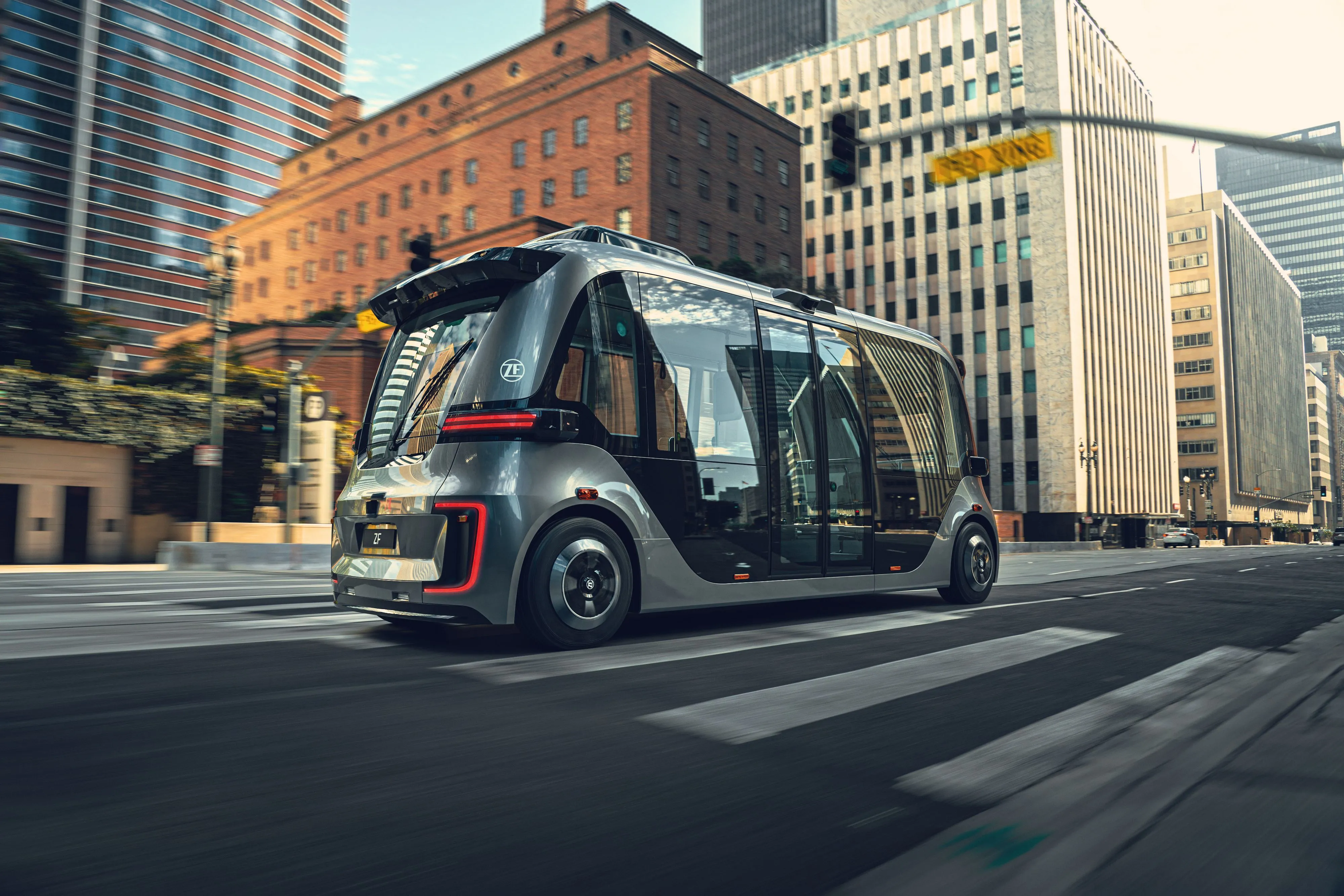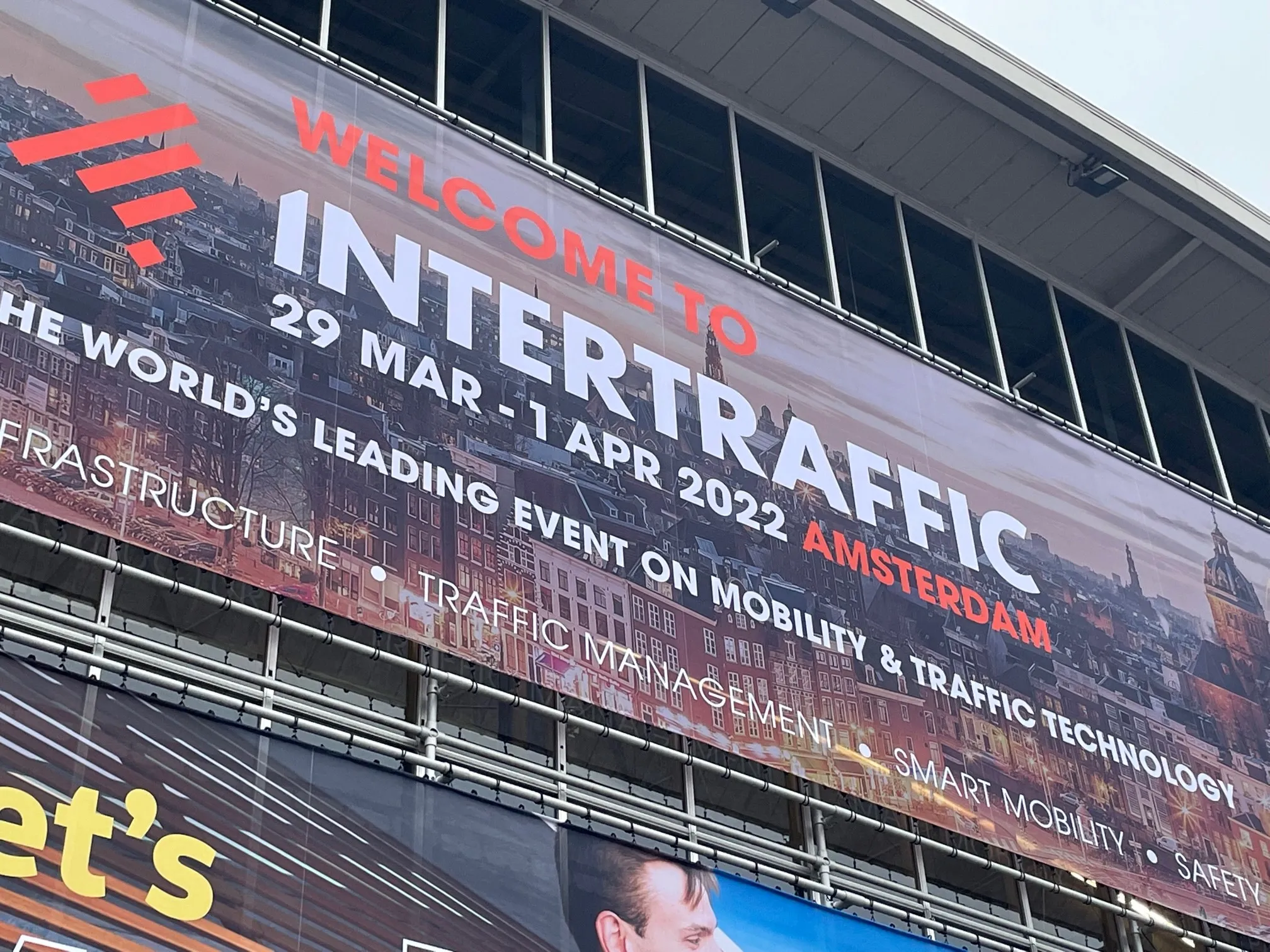Speaking at the Consumer Electronics Show 2019 in Las Vegas, LADoT general manager Seleta Reynolds described how the authority had published specifications to manage scooters following what she described as an “explosion of private companies”.
She explained that the first bucket of application programming interfaces (API) provides consistent ways for companies to talk to cities and share information with them. The second bucket of that code puts the LADoT into the product workflow of those communities.
“We are not tapping them on the shoulders and asking them for more data sets; instead we are delivering services that we already deliver today. Eventually, it would be great if we had a creative set of pricing tools, but we can start at the kerb,” Reynolds added.
At the same CES session, ‘Creating Seamlessly Integrated, Connected Mobility Operating Systems’, Scott Corwin, future of mobility practice leader at
“The dialogue is really about investment funding as the kind of money it’s going to take is going to be pretty significant - as well as the technical capabilities to do what needs to be done,” Corwin added.
Leon Kalvaria, chairman, institutional clients group at Citi, stated: “We are at the dawn of the age of autonomous. There will be some very significant private investors in autonomous as they can see what kind of business model they want whether a fleet model, goods delivery model, and that may provide the opening for that kind of dialogue.”
Building a mobility operating system requires leadership of cities, says LADoT
A mobility operating system cannot be privately built, it must be open and governed by cities, according to the Los Angeles Department of Transportation (LADoT).
Speaking at the Consumer Electronics Show 2019 in Las Vegas, LADoT general manager Seleta Reynolds described how the authority had published specifications to manage scooters following what she described as an “explosion of private companies”.
She explained that the first bucket of application programming interfaces (API) provides consistent
January 10, 2019
Read time: 2 mins
A mobility operating system cannot be privately built, it must be open and governed by cities, according to the Los Angeles Department of Transportation (LADoT).









